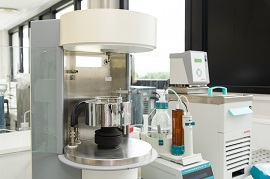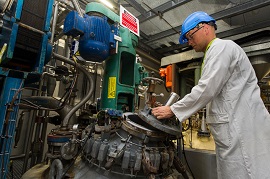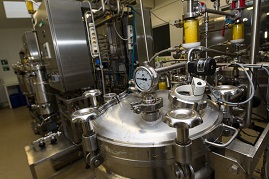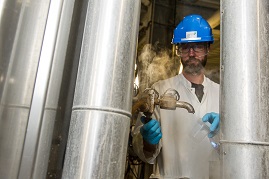Green Chemistry
To what extent does green chemistry enable environmentally sustainable innovation?
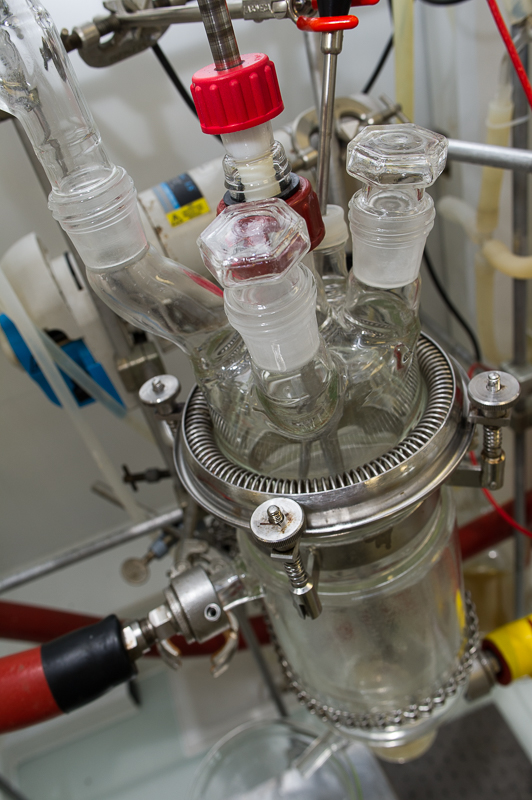 Also known as sustainable chemistry, or ecological chemistry, this type of chemistry is the result of a desire to replace fossil-based carbon molecules with new molecules from renewable and biodegradable sources. Through its use of biomass, plant chemistry is one of the key elements of green chemistry.
Also known as sustainable chemistry, or ecological chemistry, this type of chemistry is the result of a desire to replace fossil-based carbon molecules with new molecules from renewable and biodegradable sources. Through its use of biomass, plant chemistry is one of the key elements of green chemistry.
Introduction to green chemistry
Green chemistry is based on 12 principles defined by Paul T. Anastas and John C. Warner, which are listed on United Nations' website. They aim, among other things, to reduce the environmental impact of the chemical industry by developing cleaner technologies, by reducing and reusing waste, by replacing fossil-based raw materials with plant-based raw materials and by promoting recycling.
ARD's chemical activity, which includes the development of new uses for plants molecules, is completely in line with this philosophy.
The principles of sustainable chemistry
Whereas classical chemistry is reliant on derivatives of crude oil – a non-renewable fossil fuel – the plant chemistry sector, represented by ARD, uses plants (either the entire plant or agricultural by-products) to produce and/or extract new molecules, and new products that will, in certain cases, replace existing products or compounds. This is the case, for example, for bio-plastics, which are replacing standard, highly polluting and often non-recyclable standard plastics, alternative solvents (to limit the production and consumption of oil-based solvents), polymers, cosmetics, plant health products (biocontrol) and surface active agents used in detergents, which ARD specialises in.
ARD's areas of specialisation
In order to develop new products, ARD's chemistry department uses its expertise in plant chemistry to find new functions for molecules produced during fermentation in order to give them specific properties depending on its customers' needs.
ARD's expertise in chemical synthesis, its dedicated equipment, as well as its capacity to design and implement innovative bioprocesses (extraction and purification), then allow it to extrapolate the production of these new molecules to full-scale production while remaining competitive.



